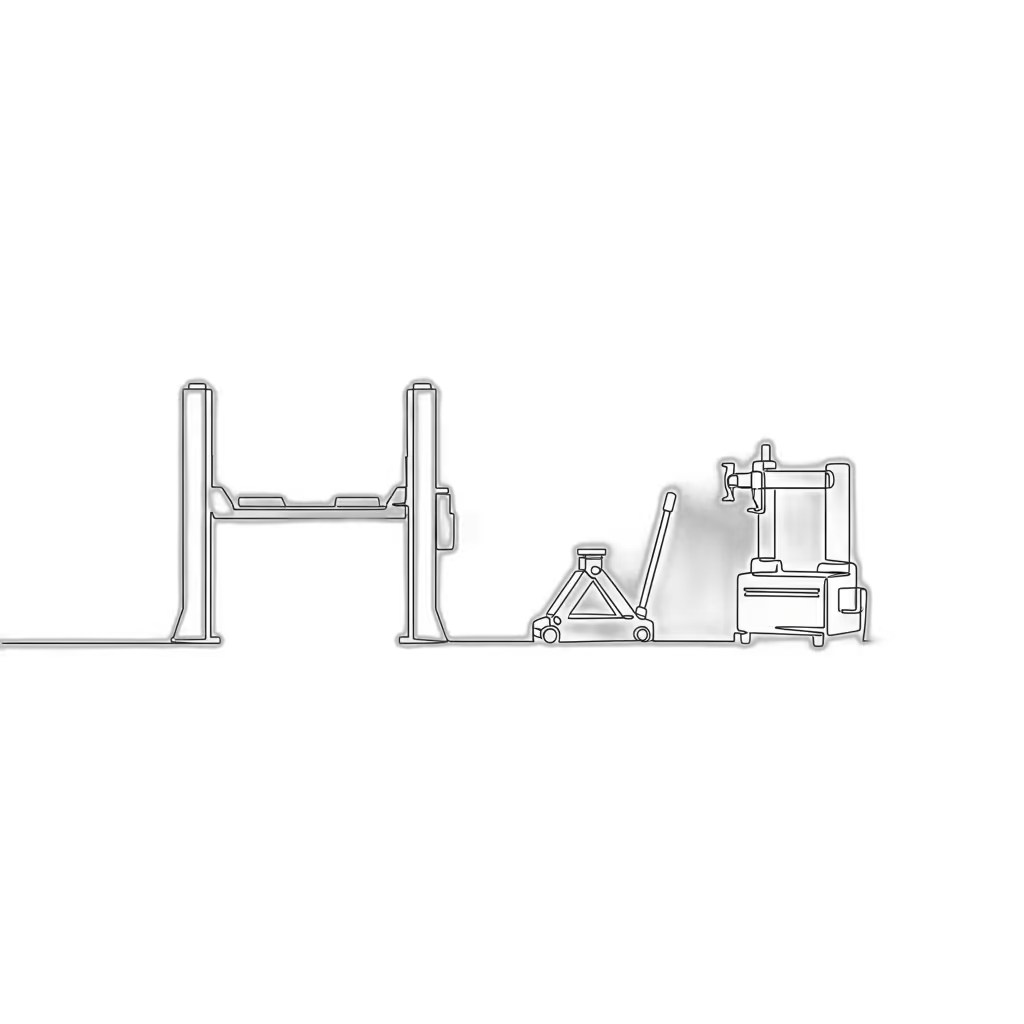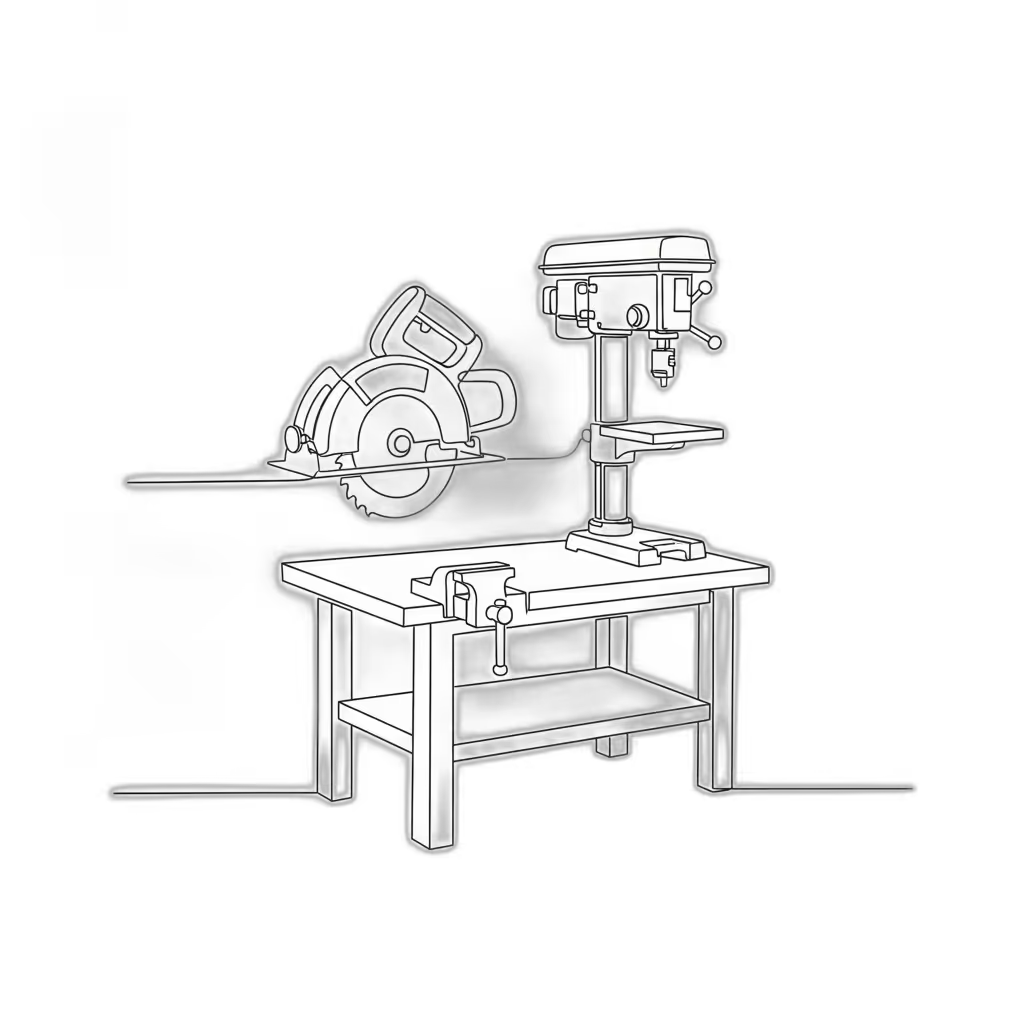






5-Star Valuation Services, Loved by Hundreds
Frequently Asked
Questions
No Frequently Asked Questions Found.
At its essence, investment represents a forward-looking financial strategy where individuals and organizations commit capital to assets that have the potential to appreciate in value or generate ongoing income. These assets can range from traditional financial instruments like stocks and bonds to more tangible investments such as real estate or business enterprises.
The core motivation behind investment is the expectation of future financial gain. By carefully selecting and managing investment vehicles, individuals can potentially outpace inflation, build long-term wealth, and create additional income streams. This process requires careful analysis, understanding of market dynamics, and a nuanced approach to risk management.
Successful investment strategies typically involve a balanced approach that considers multiple factors, including personal financial goals, risk tolerance, market conditions, and individual economic circumstances. Investors must continuously evaluate their investment portfolio, adapting to changing economic landscapes and personal financial objectives.
While investment inherently carries potential risks, it also offers significant opportunities for financial growth and stability. By understanding the fundamental principles of investment and maintaining a strategic, informed approach, individuals can effectively navigate the complex world of financial opportunities and work towards achieving their long-term financial aspirations.
Investors leverage appraisals across diverse asset categories, including real estate, businesses, financial securities, and unique personal property like collectibles. Each type of asset requires a specialized approach to valuation, taking into account unique characteristics such as market conditions, physical condition, income potential, and comparative market performance.
The appraisal process is methodical and rigorous, involving multiple critical stages. Initially, appraisers conduct extensive research and data collection, examining market trends, comparable assets, and economic indicators. For tangible assets, this includes thorough site inspections that assess physical condition, functionality, and potential limitations.
Valuation methodologies are carefully selected based on the specific asset type. These may include the income approach, which evaluates potential revenue generation; the sales comparison approach, analyzing recent similar asset transactions; and the cost approach, which considers reproduction or replacement expenses.
The culmination of this detailed analysis is a comprehensive report that provides a substantiated value conclusion. These documents are instrumental for various financial activities, including transaction negotiations, loan applications, investment strategy development, and risk management.
By offering an objective and professional assessment, investment appraisals enable stakeholders to make informed decisions, mitigate financial risks, and optimize potential investment returns across different asset classes.
Professional certified appraisers utilize sophisticated methodologies to analyze machinery value, considering multiple critical factors. These include equipment age, current condition, operational performance, maintenance history, technological relevance, and prevailing market conditions. By incorporating detailed examinations of physical attributes and economic context, appraisers can generate an accurate and defensible valuation.
The appraisal process typically involves three primary valuation approaches: cost, market, and income. The cost approach evaluates replacement expenses while accounting for depreciation. The market approach compares similar equipment transactions to establish fair market value. The income approach estimates potential future economic benefits generated by the machinery.
Key considerations during an equipment appraisal extend beyond simple numerical calculations. Appraisers carefully assess unique characteristics like specialized modifications, technological capabilities, and potential obsolescence. They also examine maintenance records, operational efficiency, and broader industry trends that might influence asset value.
The resulting comprehensive report serves multiple strategic purposes. It provides crucial documentation for financial transactions, insurance coverage, tax planning, potential sales, mergers, and internal asset management. By offering an objective, professional evaluation, equipment appraisals enable businesses to make informed decisions about their capital assets.
Ultimately, an Equipment & Machinery appraisal delivers more than just a monetary figure. It provides a nuanced understanding of an organization's technological infrastructure, supporting strategic planning and financial transparency.
When photographic documentation requires supplementation, professional appraisers leverage video conferencing platforms to conduct live consultations. These virtual interactions enable real-time discussions about equipment specifics, allowing for a more nuanced evaluation of complex machinery or specialized assets. Such remote assessment methods can significantly reduce time and travel expenses associated with traditional in-person appraisals.
The effectiveness of online appraisals depends on several critical factors. High-resolution, well-lit photographs that capture multiple angles and key mechanical details are essential for accurate initial assessments. Clients should be prepared to provide comprehensive documentation, including maintenance records, operational history, and any unique modifications or features that might impact the equipment's value.
While online appraisals offer remarkable convenience, they are not universally applicable. Certain highly specialized or intricate equipment may still require in-person examination to ensure a comprehensive and precise valuation. Professional appraisers will typically indicate when a remote assessment is insufficient and an on-site inspection becomes necessary.
Clients should always verify an appraiser's professional credentials and ensure the evaluation meets industry standards, particularly the Uniform Standards of Professional Appraisal Practice (USPAP). This diligence guarantees the reliability and credibility of the appraisal for potential uses such as financial reporting, insurance claims, or resale considerations.
Different types of equipment appraisers emerge from specific industrial domains, each bringing targeted expertise to the valuation process. Construction equipment appraisers evaluate heavy machinery like excavators and cranes, understanding regional development trends and equipment performance characteristics. Manufacturing equipment specialists focus on production machinery, analyzing technological complexity, usage history, and potential productivity impact.
Agricultural equipment appraisers examine farming machinery with nuanced understanding of seasonal productivity and technological advancements. Medical equipment professionals navigate intricate healthcare technology landscapes, assessing sophisticated diagnostic and surgical instruments. Transportation equipment experts evaluate vehicles and logistics equipment, considering depreciation rates and market demand dynamics.
Heavy equipment appraisers bring specialized knowledge to complex industrial machinery used in sectors like mining and energy. Technology equipment specialists track rapid technological evolution, providing critical insights into rapidly depreciating digital assets and communication systems.
Each appraiser type represents a unique intersection of technical knowledge, market understanding, and industry-specific insights. Their professional assessments provide crucial information for business decision-making, asset management, insurance purposes, and strategic planning across multiple economic sectors.
Insurance coverage represents a primary driver for professional appraisals. An accurate valuation ensures precise protection against potential losses, preventing both underinsurance vulnerabilities and unnecessary premium expenditures. By establishing a credible baseline for asset worth, organizations can design insurance strategies that are both protective and cost-effective.
Tax compliance represents another compelling rationale for equipment appraisals. When donating high-value machinery or equipment, a professional assessment becomes essential for substantiating tax deduction claims. These documented valuations provide the necessary transparency to satisfy regulatory requirements while potentially maximizing financial benefits.
Financial reporting demands rigorous asset valuation. Appraisals offer a clear, defensible representation of equipment value on balance sheets, enabling more sophisticated financial analysis. This transparency becomes particularly crucial when attracting investors or securing lending, as financial institutions rely on precise asset assessments to evaluate collateral and organizational health.
Legal proceedings frequently necessitate objective equipment valuations. During complex scenarios like partnership dissolutions or divorce settlements, a professional appraisal provides an impartial benchmark for asset division. The documented valuation serves as a credible reference point for negotiations, potentially mitigating potential conflicts.
Transaction dynamics also benefit significantly from professional appraisals. Whether purchasing or selling machinery, an independent valuation establishes a fair market baseline. This approach fosters trust between parties, facilitates more transparent negotiations, and helps prevent potential disputes arising from subjective price perceptions.
Strategic asset management represents the most forward-looking benefit of equipment appraisals. Regular assessments provide insights into asset depreciation, replacement timing, and potential upgrade opportunities. By understanding the precise value and condition of existing equipment, organizations can make more intelligent decisions about resource allocation, technological investments, and long-term operational planning.
Ultimately, a professional equipment and machinery appraisal transcends mere number-crunching. It represents a sophisticated tool for financial governance, risk management, and strategic organizational development.
Understanding Equipment and Machinery Appraisals
Understanding equipment and machinery appraisals is crucial for investors looking to make informed decisions in today’s competitive market. These appraisals assess the value of physical assets such as construction machinery, manufacturing equipment, and specialized tools, which can significantly impact both operational efficiency and financial stability. A thorough appraisal not only establishes fair market value but also provides insights into asset depreciation, condition, and potential resale value, enabling investors to strategize effectively.
The appraisal process typically involves a detailed inspection of the equipment, analysis of market trends, and consideration of comparable sales to determine an accurate value. Experienced appraisers use various valuation methods such as cost, income, and market approaches, tailored to the specific type of equipment in question. By understanding these factors, investors can better navigate financing options, ensure adequate insurance coverage, and make sound investment choices that align with their long-term business goals.
Importance of Equipment and Machinery Appraisals for Investors
Equipment and machinery appraisals are crucial for investors seeking to understand the true value of their assets. An accurate appraisal provides insight into the market worth of equipment, which is essential for making informed investment decisions. Without a reliable valuation, investors risk overpaying or underestimating the potential return on their investments, leading to suboptimal financial outcomes. Additionally, having an up-to-date appraisal can aid in securing financing, as lenders often require documentation of asset value to assess risk.
Moreover, these appraisals allow investors to gauge the condition and functionality of machinery, which significantly impacts its long-term value. As equipment ages, its ability to generate revenue can diminish, making it crucial to assess depreciation accurately. A thorough appraisal not only takes into account the current market trends but also factors in specific attributes like brand reputation and technological advancements. Understanding these nuances helps investors strategize their portfolio and make better choices, enhancing their prospects for capital growth.
Types of Appraisals: Market Value vs. Replacement Cost
When assessing the valuation of equipment and machinery for investment purposes, two primary appraisal methods often surface: market value and replacement cost. Market value is determined by evaluating the current selling price of similar equipment within the marketplace, taking into account factors like condition, age, and historical sales data. This method provides a snapshot reflecting what an investor could realistically expect to pay or receive for the item in today's market, making it particularly useful for buying, selling, or insuring assets.
On the other hand, replacement cost focuses on the expense needed to replace an asset with an equivalent new item, factoring in current pricing, installation costs, and any additional fees associated with acquiring a comparable machine. This appraisal method is particularly relevant in cases where maintaining operational capabilities is critical, such as in production environments. It provides investors with insight into the financial commitment of acquiring new equipment, which may differ significantly from what the equipment might fetch in a sale.
Understanding these two appraisal types is essential for investors to make informed decisions about their equipment assets. While market value offers a clear view of the current landscape, replacement cost can provide a long-term perspective on investment strategy and asset acquisition. By carefully evaluating both approaches, stakeholders can better navigate their choices regarding equipment investments and ensure they are optimizing their financial resources.
Key Factors Influencing the Value of Equipment and Machinery
The value of equipment and machinery is influenced by several key factors that potential investors should consider. Age and condition play a critical role; newer, well-maintained equipment typically commands a higher price due to its extended lifespan and lower immediate maintenance needs. Conversely, older machinery may present a bargain if it has been kept in good working order but could come with the risk of higher future repair costs.
Market demand is another significant factor affecting equipment values. When demand for certain types of machinery rises within specific industries, prices tend to increase accordingly. Seasonal fluctuations, economic conditions, and advancements in technology can also contribute to shifts in demand, making it essential for investors to keep abreast of industry trends to make informed purchasing decisions.
Additionally, original cost and depreciation rates must be taken into account. The initial purchase price offers a baseline for value, but understanding how quickly machinery depreciates, based on its type and usage, is vital for assessing its current worth. Factors such as brand reputation, warranty status, and market rarity can further influence the appraisal of equipment and machinery, allowing investors to gauge potential returns more accurately.
The Appraisal Process: What to Expect
The appraisal process for equipment and machinery typically begins with a comprehensive evaluation of the asset in question. In this initial stage, an appraiser will assess the physical condition, age, and any modifications that may impact the value. They will also consider factors such as market demand, brand reputation, and historical sales data. This thorough analysis provides a solid foundation for determining the fair market value of the equipment or machinery.
Once the appraisal is complete, the appraiser compiles their findings into a detailed report. This document not only states the appraised value but also outlines the reasoning behind the valuation, including comparable sales, current market trends, and any unique characteristics of the equipment. Clients can expect the appraisal report to serve as a critical tool for making informed investment decisions, whether for acquisitions, financing, or insurance purposes.
Common Methods Used in Equipment and Machinery Appraisals
Equipment and machinery appraisals employ several common methods, each tailored to the unique characteristics of the asset being evaluated. The most widely used method is the Cost Approach, which estimates the current replacement cost of the equipment, less any depreciation based on its age and condition. This approach is particularly effective for relatively new machinery or unique equipment that does not frequently appear on the market, as it allows appraisers to determine the intrinsic value based on the cost necessary to replace it.
Another prevalent method is the Market Approach, which analyzes recent sales data of comparable equipment or machinery in order to establish a fair market value. This method is beneficial when there is readily available market information, enabling appraisers to consider factors such as location, demand, and condition. By comparing like assets, this approach helps ensure an accurate reflection of what buyers are willing to pay, providing a realistic value for both buyers and sellers.
Finally, the Income Approach is often utilized for income-generating machinery, where the value is derived from the expected future cash flows produced by the asset. This method takes into account the potential profitability of the equipment over its useful life, allowing appraisers to calculate a present value based on projected earnings. While this approach can be complex, it is particularly useful for investors looking to understand the long-term return on their investment prompted by the equipment's operational capabilities.
The Role of Qualified Appraisers in the Evaluation Process
Qualified appraisers play a crucial role in the evaluation of equipment and machinery for investment purposes. Their expertise ensures that the appraisal process is conducted with an in-depth understanding of market trends, industry standards, and the specific characteristics of the assets being evaluated. By employing a systematic approach, these professionals can accurately assess the fair market value and potential depreciation of equipment, which is essential for investors looking to make informed decisions.
An experienced appraiser will consider various factors during the assessment, including the age, condition, and functionality of the machinery, as well as any modifications or upgrades that have been made. They might also analyze comparable sales in the market, providing a comprehensive view of the item's value relative to similar equipment. This thorough evaluation process not only supports investment decisions but also helps prevent potential financial losses in the future.
Additionally, qualified appraisers often provide detailed reports outlining their findings and methodologies, which are invaluable for investors in negotiations or when securing financing. These reports enhance transparency and confidence in the investment process, making it easier for stakeholders to understand the rationale behind the appraised value. Ultimately, the expertise of qualified appraisers is essential in navigating the complexities of equipment and machinery investments, ensuring that stakeholders are equipped with reliable information.
How to Prepare for an Equipment and Machinery Appraisal
Preparing for an equipment and machinery appraisal begins with gathering relevant documentation that outlines the item’s history and specifications. This includes purchase invoices, maintenance records, and any previous appraisals or valuations. Having these documents organized not only helps the appraiser gain insight into the asset's condition and value but also establishes its provenance, which can impact both current and future valuations.
Next, it's crucial to ensure that the equipment is clean, well-maintained, and accessible for inspection. Appraisers will evaluate the machinery’s physical condition and operational functionality, so taking the time to perform routine maintenance can improve its perceived value. Additionally, being ready to provide information about the usage and market demand for similar equipment can help the appraiser produce a more accurate assessment reflective of current market conditions.
Understanding the Appraisal Report: Key Components Explained
An equipment and machinery appraisal report serves as a valuable tool for investors, providing insight into the value and condition of the assets being considered. Key components of an appraisal report include a detailed description of the equipment or machinery, outlining critical specifications such as make, model, year of manufacture, and current condition. This helps potential investors understand not only the intrinsic value of the asset but also its operational functionality and any associated risks that may affect its performance in the market.
The report typically includes an analysis of the current market trends and preceding sales data, which helps contextualize the appraisal within the broader economic landscape. This market analysis often involves a comparative sales approach, looking at similar machinery or equipment that has recently sold in order to establish a fair market value. Investors benefit from this comparative insight as it informs their financial decisions and aids in negotiations, ensuring they are not overpaying for the asset.
Additionally, an equipment appraisal report will often feature a thorough examination of the asset's physical and operational condition, including any maintenance history or modifications that have been performed. This assessment is crucial for determining potential future expenses and the overall longevity of the machinery or equipment. By understanding these key components, investors can make informed decisions backed by comprehensive data, ensuring that their investments not only meet their current needs but also contribute to long-term financial goals.
Legal and Regulatory Considerations in Equipment Appraisals
When conducting equipment and machinery appraisals, it's essential to navigate the legal and regulatory landscape that governs these processes. Different jurisdictions may have specific laws that dictate how appraisals must be conducted, the qualifications required for appraisers, and the documentation that must be provided. In certain industries, such as healthcare or aviation, stringent regulatory standards enhance the necessity for compliance, which can influence both the appraisal methodology and the final valuation.
Additionally, appraisers must be aware of the implications of their findings within legal contexts, especially when appraisals are used for financing, sale, or taxation purposes. Accurate documentation and clear communication regarding the appraisal process are crucial to ensure that stakeholders understand the value assigned to the equipment. By adhering to legal requirements and industry best practices, appraisers can provide credible valuations that withstand scrutiny and meet the needs of their clients.
Tax Implications of Equipment and Machinery Appraisals
Understanding the tax implications of equipment and machinery appraisals is crucial for businesses seeking to optimize their financial strategies. When equipment is appraised, it can significantly affect depreciation schedules, which in turn influence taxable income. An accurate appraisal can help businesses ensure they are taking full advantage of allowable deductions, potentially leading to substantial tax savings over time. This can be particularly important for companies that frequently acquire or dispose of heavy machinery or specialized equipment, as market value fluctuations can directly impact tax liabilities.
Moreover, having a professional appraisal can provide invaluable documentation during audits, offering proof of value that can help justify a company's tax positions. If a business is facing scrutiny by tax authorities, an independent appraisal can serve as a credible defense against undervaluation claims. Additionally, understanding fair market value is essential for determining sales tax obligations when selling or trading equipment. As the landscape of tax regulations continuously evolves, staying informed about these implications can enhance financial planning efforts and ensure compliance.
Post-Appraisal Actions: Making Informed Investment Decisions
Once the equipment and machinery appraisal has been completed, it is crucial to carefully analyze the findings to make informed investment decisions. The appraisal report provides a comprehensive overview of the asset's current market value, condition, and performance metrics. Understanding these details can help investors identify whether the asset aligns with their financial goals and risk tolerance, allowing for a more strategic approach to purchasing, financing, or liquidating assets.
Investors should also consider the implications of depreciation and ongoing maintenance costs highlighted in the appraisal report. A thorough understanding of how the asset’s value may change over time is essential for future financial planning. Additionally, evaluating the historical performance and reliability of the machinery can provide insights into potential operational risks, enabling investors to make more prudent decisions about their investment.
Finally, utilizing the insights gained from the appraisal can foster better negotiation strategies. By arming oneself with a thorough understanding of the asset's value and condition, investors can advocate for fair pricing and terms when engaging with sellers or other stakeholders. Ultimately, informed investment decisions will not only maximize the potential return on investment but also contribute to more efficient asset management in the long run.
View all Locations
APPRAISEITNOW APPRAISERS ARE BEST-IN-CLASS & CREDENTIALED BY LEADING APPRAISAL ORGANIZATIONS LIKE THE ISA, ASA, & MORE.




























.svg)










